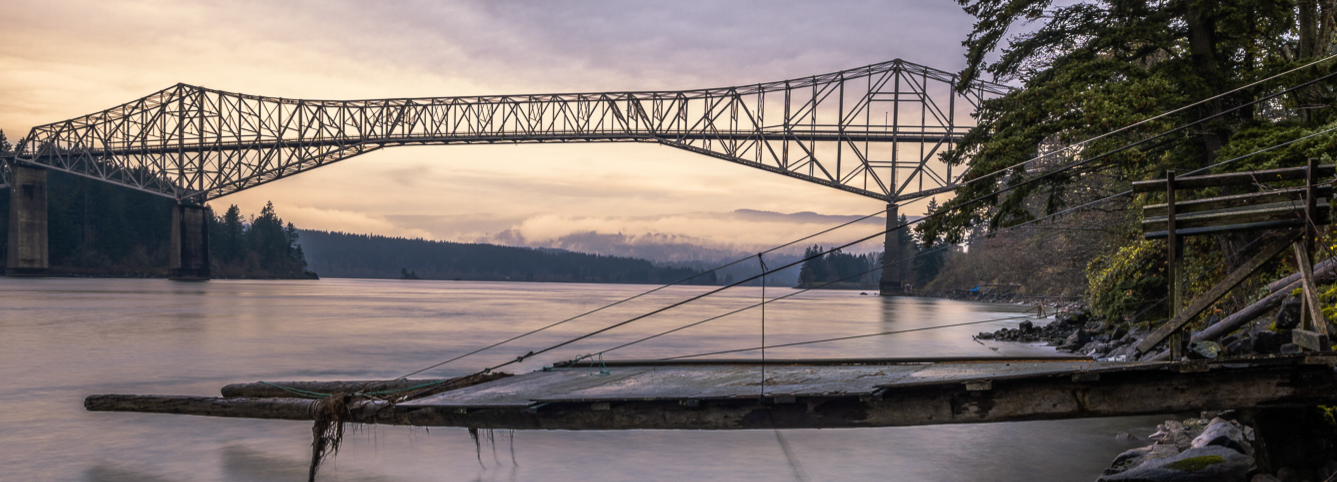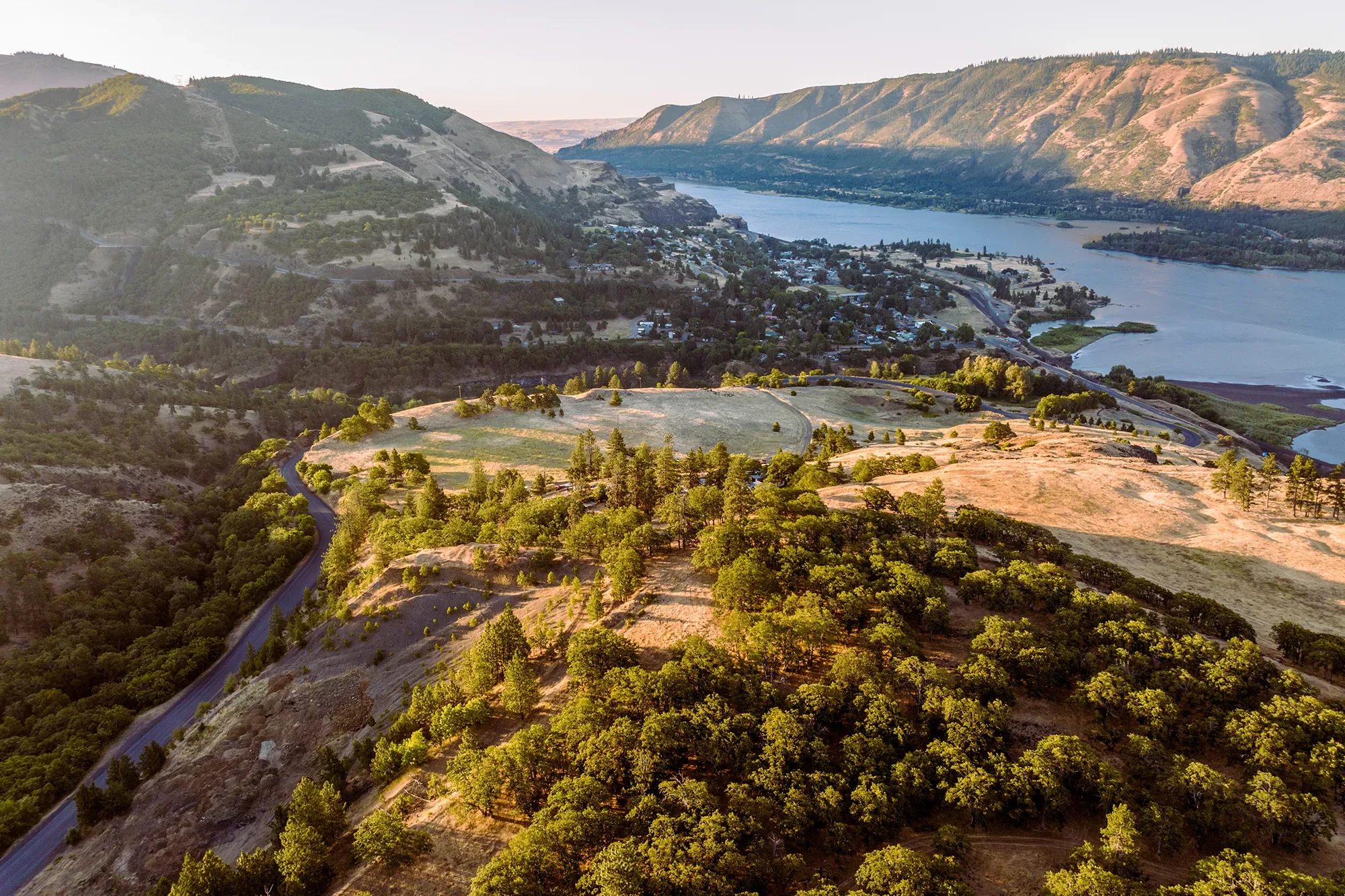By Sofia Urrutia-Lopez
Conservation Organizer
June 26, 2023
On March 20, Columbia Insight published an extensive exposé on Stephen D. King, the CEO of tech startup Roundhouse, which has proposed a new data center in Cascade Locks, Oregon. Here is a summary of the article’s main takeaways:
- Roundhouse has begun the process that would lead to a 25-year lease for a “green” data center at the Port of Cascade Locks’ Business Park.
- Some Cascade Locks community members are frustrated by what they perceive as contradictory information and a lack of transparency about the proposed project from both Roundhouse and Port of Cascade Locks commissioners.
- Community members have also voiced concerns about water usage, pollution, and potential utility rate hikes.
- King has a history of failed business ventures; interview subjects claim lost investments and misrepresentation (King disputes these claims).
- The Port itself is dealing with budget shortfalls stemming from overreliance on bridge tolls, a previous tenant breaking its lease, and a racial discrimination lawsuit.
Waterfalls, wildflowers, and scenic viewpoints are the classic emblems of the Columbia Gorge. But the Gorge is also home to vibrant communities and residents passionate about maintaining their quality of life. With the bounty of water and energy close at hand, Gorge residents like me are nervously watching corporations try to seize Gorge assets while providing little in return. Nowhere is that more evident than in Cascade Locks.
I look out at the community of Cascade Locks from my home every day and nearly six years ago watched the Eagle Creek fire threaten the Gorge. Just as natural disasters can imperil the Gorge, so can ineffectual leadership. The Port of Cascade Locks is considering working with a newly created startup called Roundhouse to place a data center in the port’s business park. Data centers, like Google’s in The Dalles and Facebook’s and Apple’s in Prineville, typically consume significant energy and water while employing relatively few people. This proposal, while expected to nearly double the energy needs of the community, would only employ eight people. This combination of high consumption of community assets and low employment leads many data centers to seek out rural areas with fewer economic opportunities.
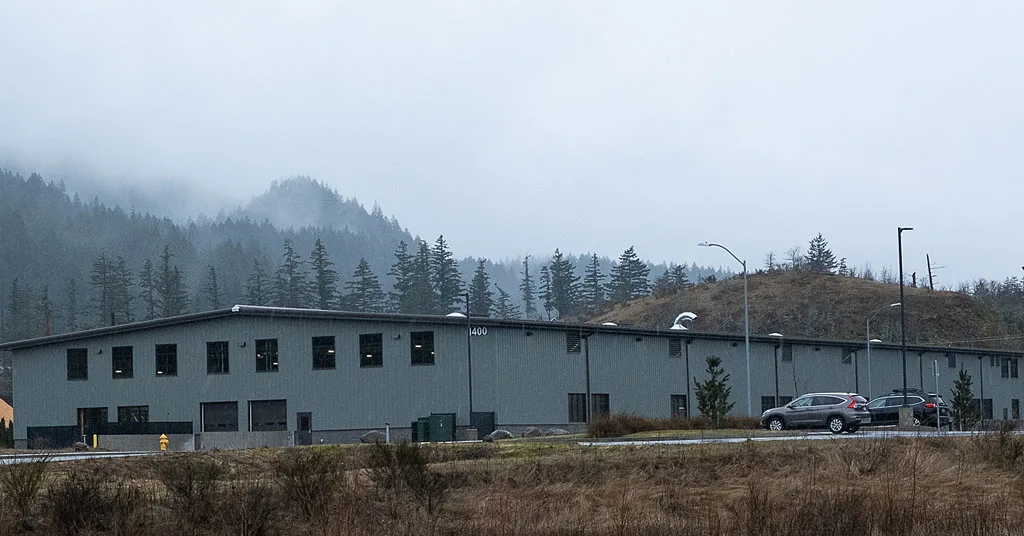
While the proposed data center itself is of concern, it is the lack of transparency in the vetting process that has caused the greatest controversy. Many questions have been posed to the Port of Cascade Locks for which there have been no clear answers, even months after the initial proposal. Despite holding public meetings, the community has felt excluded. During the single public open house with data center executives and port commissioners, answers were vague and evasive.
The community has asked questions about water, electricity, and chemical usage. Many are concerned about how much water will be used, and from where the water will be drawn. How much electricity will the data center use and would that eventually increase community electricity rates to the point of inequity? Concerns have also been raised over any chemicals used to cool the servers. What will the community be on the hook for if the deal falls through? All of these are valid questions and concerns, and none have been addressed properly.
The project proposal states that the data center will use “cooling system technology that does not require vast amounts of water.” However, Roundhouse CEO Stephen D. King and Chief Engineer James Longacre have made contrasting statements about the nature of the cooling system. In what I observed firsthand, it was stated on different occasions that: a) the data center would use a “closed loop” cooling system; b) there will be no water usage; and c) there will be water usage, but only equivalent to the total water usage of four households in a year—numerous answers to the same question, depending on who and when you ask. How can a community trust an answer that constantly changes?
To add to the mistrust and lack of communication, King has a checkered history with other business dealings, as highlighted in this Columbia Insight article. Reading the Columbia Insight article makes one thing very clear: a fuller picture exists than what’s currently being shared with the public.
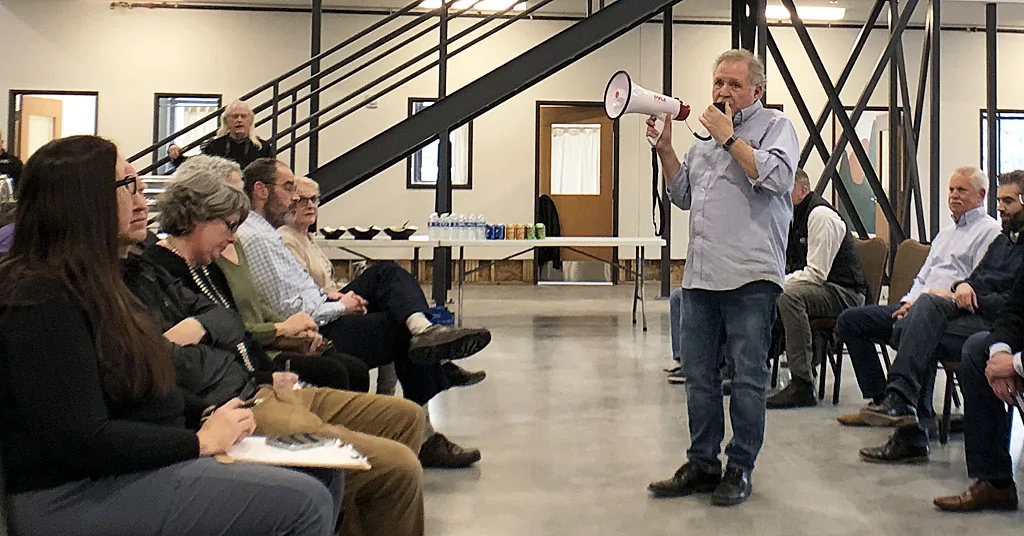
When it comes to government transparency, the late Supreme Court Justice Louis Brandeis stated, “Sunlight is said to be the best of disinfectants.” Columbia Insight brought some needed sunlight to this issue. In May, Columbia Insight published a second article regarding questions around power usage and increased payer rates as a result of the proposed data center. Representatives from Bonneville Power Administration (BPA) confirmed that it does plan to charge the city a higher rate for its electricity due in part to the proposed data center’s power usage. BPA also confirmed that Cascade Locks would be responsible for some of the increased energy costs even if the proposed data center closed.
What the Columbia Insight article also made clear was that the energy usage of Cascade Locks would skyrocket with the emergence of data centers (see graph on page 14). The city of Cascade Locks currently provides approximately 4.5 megawatts (MW) of electricity a month to its local businesses and households. In the first phase of Roundhouse’s proposal, the data center would consume nearly 4 MW of power per month, nearly equaling the entire community’s energy usage. A second data center would then consume 7.2 MW of Cascade Locks’ usage per month. If successful, Roundhouse would then pursue a third data center consuming 13-18 MW per month. All told, these three data centers would consume the energy equivalent of five to seven Cascade Locks.
While these data centers are all heralding that they will only use green, renewable energy, they are creating a destructive cycle that could impact the Gorge for decades. The huge influx of energy needs will result in more poorly sited renewable energy projects throughout the Columbia Basin. And greater energy creation will require more energy transmission, meaning an increase in power lines throughout the Gorge.
While the emergence of data centers is playing out statewide and nationally, the community of Cascade Locks is pushing back. As bad contracts, poor vetting, and unfulfilled promises have led the Port of Cascade Locks to suffer financially time and again, community activists have risen up, hosting their own public meetings, running candidates for two port commission seats, and gathering signatures for a recall election of two sitting port commissioners.
In May, two community members who raised concerns about the proposed data center defeated two incumbent port commissioners and begin their terms in July 2023. The recall election occurred on June 13 and Cascade Locks voters recalled two port commissioners, including the Port President, by a two-to-one margin. As Roundhouse continues to pressure the port to sign a land lease, their window of opportunity appears to be closing quickly.
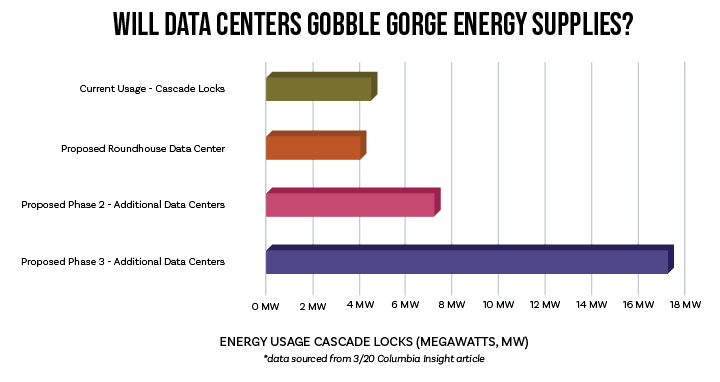
About the author: Sofia Urrutia-Lopez is passionate about leveraging resources, skills, and connecting people to each other and amplifying their voices. A Skamania county resident, Sofia joined Friends as a conservation organizer in January 2022. She is an ardent believer in supporting everything local and has spent the last 10 years working, living, and recreating in the Columbia Gorge. Previously, Sofia worked with the Cascade Locks Tourism Committee and Play Frontier, an equitable play and nature school. She’s also served on the board of Breweries in the Gorge, participated in the Gorge Tourism Summit, and graduated from Rural Development Initiatives’ “Rural Community Leadership Program.” In her free time, she enjoys hunting mushrooms, collecting vinyl records, gardening, and exploring new areas of the Gorge with her dogs.

